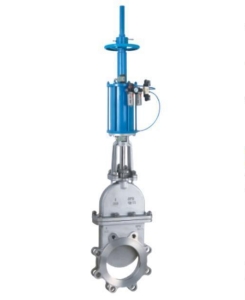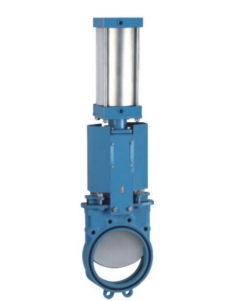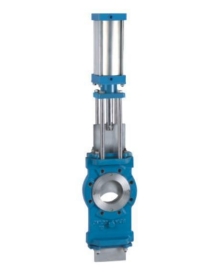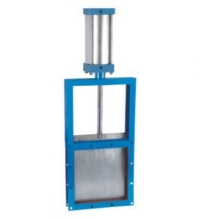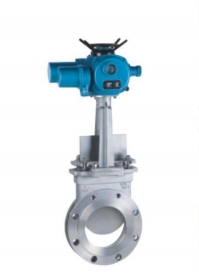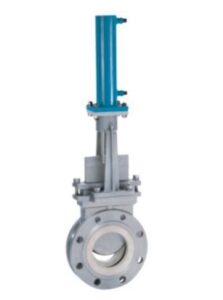
Remanufacturing refers to rebuilding an originally manufactured but non-functional or worn-out product to restore its functioning to a minimum required level. This is achieved by using recycled or reused parts which help to keep the cost at a minimum. Business owners often make remanufacturing decisions based on factors such as functional and financial feasibility, demand, the durability and lifespan of the materials used, and more.
This post discusses remanufactured transmitters and control valves. Remanufacturing these engineered instruments offers an economical, environmentally-friendly solution to replace malfunctioning or obsolete parts. Using recycled or reused components, remanufacturing can reduce waste and operating costs while improving the overall performance and lifespan of the products.
Valve and transmitter Remanufacturing Process
The remanufacturing process for control valves and transmitters ensures the highest quality standards for your operations. Starting with the complete disassembly of the valves and transmitters to inspect each component for wear and tear. Select the best-reused parts to ensure they are free from rust, staining, and any other signs of damage. The manufacturing process must meet all industry standards and regulations, and the finished product must be good as new. After assembly, the valves and transmitters are rigorously tested for design and functionality.
Tests on Remanufactured Control Valves and Transmitters
Testing of remanufactured control valves and transmitters is essential for ensuring quality and reliability. At every stage of the remanufacturing process, thorough testing should be conducted to identify any flaws or issues. This will help fix any problems quickly before the equipment is returned to service. Here are a few essential points to consider when testing remanufactured control valves and transmitters:
- Hydrostatic Testsare essential for ensuring the integrity of remanufactured controlled valves. Through high-pressure water testing, any cracks or holes in the pressure section of the valve can be detected and addressed. This ensures the dimensions and structural stability of the valve and protects against the risk of leakage or failure.
- As per ANSI standards, the Seat Leakage Testis performed to ensure that the valve closes tightly and does not allow any fluid to seep out. This test is essential for guaranteeing the desired performance and safety of the valve. It helps ensure that no fluid can escape from the valve and meets the necessary safety and operational standards.
- The quality of the metals and alloys used in the valve and their suitability for certain types of solvents, corrosive elements, acids, and so on can be accurately verified by performing a Positive Materials Identification(PMI) Test. This test is carried out using X-ray Fluorescence (XRF) technology, ensuring the metals used to meet the required specifications and standards.
- The wall thickness of the valve is accurately determined through advanced Ultrasonic Testing.This non-destructive testing method ensures precise measurements and provides the valve meets all requirements.
- Other tests, such as Actuator Spring Test, are critical to ensuring valves operate correctly. This testing checks the actuator’s rotation angles and linear movements, which control the valve’s motion. By testing the actuator spring, you can ensure that the valve moves correctly and that the motion is consistent across multiple cycles. This helps to ensure that the valves are working correctly and safely.
Benefits of Remanufacturing
Remanufacturing products such as control valves and transmitters offer a range of benefits beyond just saving on costs. Here are some of the advantages of remanufacturing products:
- Remanufacturing saves up to 50% of the cost of purchasing a new product and reduces our environmental footprint. By reusing or recycling existing parts, we can save on the resources and energy needed to manufacture a new product. This helps to reduce our carbon emissions and protect our planet for future generations.
- By using existing parts from your inventory, the manufacturing time for new products is significantly reduced, allowing you to get them to market faster. This means you can get more products out to your customers in less time, helping you stay ahead of the competition.
- With a remanufactured product from a reputable remanufacturer, you can rest assured knowing that a comprehensive warranty covers you. This warranty provides peace of mind, ensuring that any faulty parts or components will be repaired or replaced at no additional cost. In addition, with a remanufactured product, you can be sure that you’re getting the same quality and reliability as a brand-new product without the high price.
- Remanufacturing allows for customizations that fit new or specific requirements, all at an affordable price. Whether a minor upgrade or a complete overhaul, remanufacturing enables you to tailor your product to your needs. Plus, you can enjoy savings on costs compared to buying new without sacrificing quality. So if you’re looking for a cost-effective way to get the exact product you need, remanufacturing is the answer.
Conclusion
Remanufactured products offer significant business benefits, including cost savings and improved sustainability. By remanufacturing products such as valves and transmitters, companies can decrease their carbon footprints and cut costs, as remanufactured products are often significantly cheaper than purchasing new products. Remanufacturing can also help extend the product’s life and reduce the need for disposal and replacement. Furthermore, remanufacturing can help reduce the risk of product failure due to using quality-assured parts and components. By remanufacturing products, businesses can also benefit from improved reliability and performance, as remanufactured products are often of higher quality than their new counterparts.
BCST Control Valves and Transmitters
You need reliable and high-quality transmitters and control valves if your industrial application or process necessitates precise temperature, flow rate, or pressure monitoring. BCST control valves offer an excellent option for this purpose. To ensure you get the most suitable control valve or transmitter for your requirements, be sure to source them from a reputable supplier experienced in handling industrial applications. Then, you can get a control valve or transmitter from the right supplier that is perfect for your needs.

